Our Curriculum
MHESC fosters a comprehensive approach to supporting students, using a whole school approach to meeting individual needs.
All students have an Individual Education Plan (IEPs), and identified outcomes are aligned to the Western Australian Curriculum. Where required, students are provided with a foundational or pre-foundational curriculum that enhances their learning skills.
All students have to access to iPads, to assist them to access the curriculum. We also utilise Smartboards and computers to support learning programs. Our students have access to a full suite of literacy and numeracy based software, that also teaches them how to effectively use technology.
MESC students participate in weekly lessons with a Speech Pathologist, to build confidence and capacity in using both high and low tech AAC options to enhance their interactions and learning.
Students also benefit from weekly Physical Education lessons with a Physiotherapist, where they learn to move their bodies in ways that build strength and coordination.
We also run weekly Dance lessons in Semester One, and an in-house specialist Art program in Semester Two.
Inclusion
Students enjoy joining with their primary school peers at recess as well as attending a variety of incursions, assemblies and special programs such as Edudance. MHESC also offers integration to students in the local primary school, to join some of our classes. We also welcome our Year 6 buddies from the primary school on a weekly basis, to build relationships and model social skills, while completing activities with our students.
Assessment
Individual student achievement is directly related to progress towards the outcomes set in the children’s Individual Education Plans (IEPs). In Term 1, parents and carers are invited to meet with teachers and relevant support staff to review the students’ progress and agree on the student learning goals.
Academic goals are determined and written into the IEP. In addition, some goals included in IEPs might be more related to supporting behaviour, health, hygiene, eating and social skills.
IEPs form the basis for ongoing assessment and recording during the period, with teachers using a range of assessment tools such as formal and informal testing, check sheets, staff observation, anecdotal records, collaboration with therapists and outside agencies and parent notes. Teachers use photo recording to show progress where relevant (e.g. physical, social and academic skill progression).
Although the IEP is reported on at the end of each semester, the students’ progress is communicated to parents regularly during the week. Feedback during formal meetings indicates that this process is valued by parents and caregivers.
Reporting
- IEPs drawn up by staff and meetings held in Term 1 with parents to plan the priority areas for the year.
- Formal Reports sent home at the end of Terms 2 & 4.
- Parent information (News) is shared via Class Dojo .
- Photos, videos and/or notes shared with parents daily via ClassDojo.
- Regular email correspondence between parents and principal/teachers.


